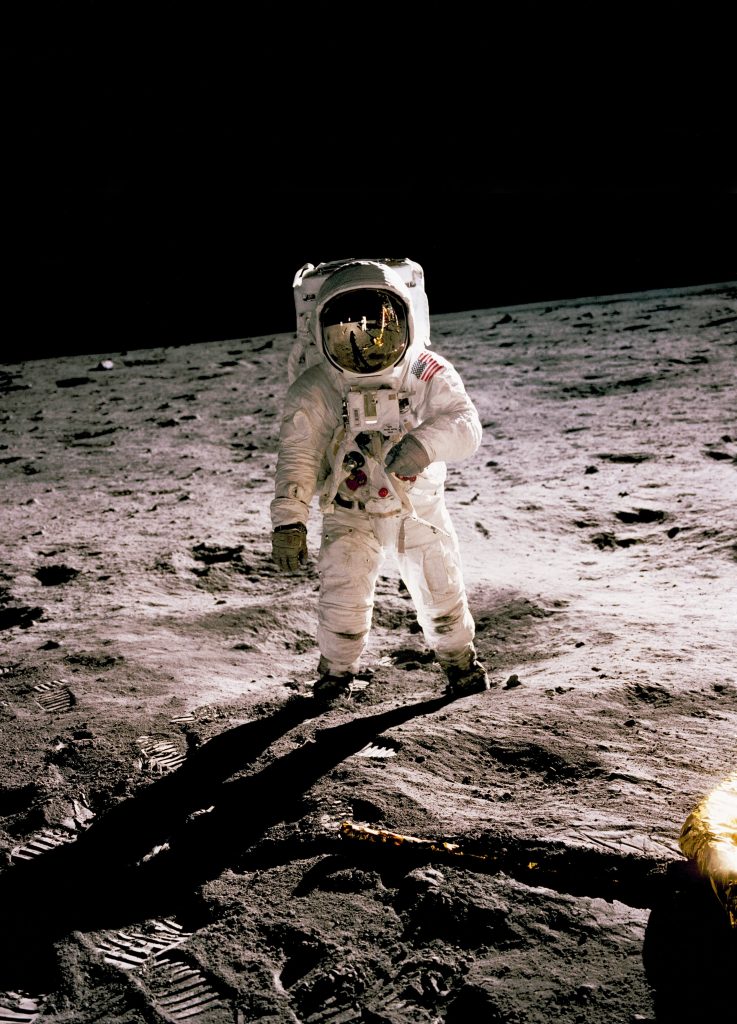
What Astronauts and Deep Sea Divers can Teach us

“Resilience is what humans have and resilience is what humans need to take advantage of—their ability to explore and to understand and then to react positively and with motivation, not as a defeatist, to the constant flow of challenges. Negativity doesn’t get anybody anywhere. It takes reacting to all of life in a positive way to make the most out of what you’ve experienced and to make a better life and a better world.” Buzz Aldrin
The global covid-19 situation affords us great opportunities. What major disasters of the past centuries, from the Spanish Influenza to the Japanese Tsunami of 2011, as well as our greatest leaps forward, such as deep sea and space exploration, have in common are: Human Resilience, Thriving and Innovation.
Resilience and “context dependent learning” (i.e. how humans learn and apply what they learn in one context, for example earth, to another, such as space) were subjects I researched in my MSc Psychology.
In liaison with a NASA scientist, I wrote a piece looking at how astronauts like Buzz Aldrin, the second man to walk on the moon, managed to do his first EVA ( extra vehicular activity) in space, the harshest environment known to humans, without any precedent or guidance, using what he learnt in another context.
In this latest article, I share tips from astronauts, submarine workers and deep sea explorers, on how to adapt, thrive and innovate in different contexts, outside environment and internal (our psychological and physiological states).
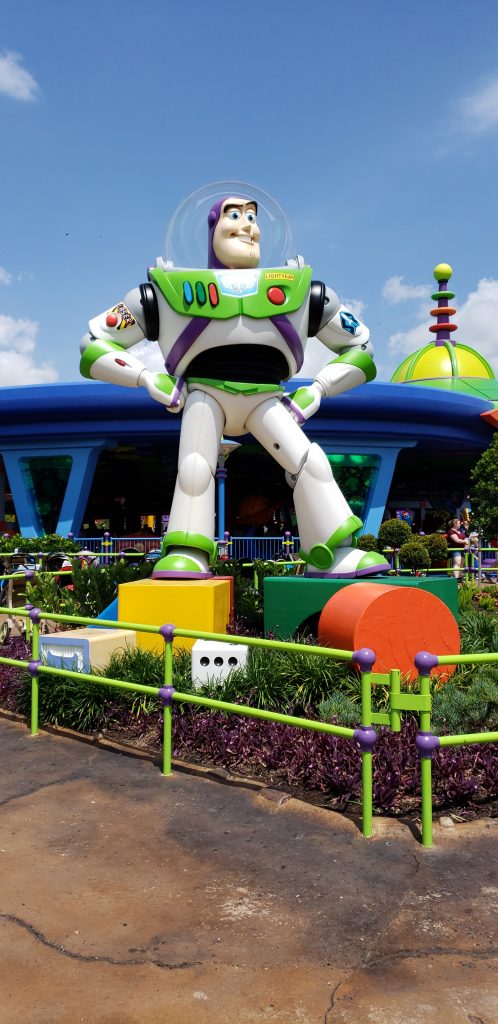
How Buzz First Stepped Into Space
“The urge to explore has propelled evolution since the first water creatures reconnoitered the land. Like all living systems, cultures cannot remain static; they evolve or decline. They explore or expire.”
Buzz Aldrin
Marcel Proust, in his seminal works “In search of Lost Time” described how by having just one bite of cake, his protagonist was transported back in time, his memories pouring into his awareness. This moment helps us see how what we learn, remember and retrieve in one context, can be hugely beneficial in another. We can take comfort in this as we navigate covid-19 and the uncertainty linked to it.
Before 1966 NASA struggled to have astronauts work in space and carry out simple repairs as they had never worked in that environment. Astronaut Edwin “Buzz” Aldrin had an ingenious idea. In one of NASA’s early space programme missions, on 13 November 1966, Buzz managed to work in space without tiring as he had experienced similar conditions to zero gravity in deep sea diving.
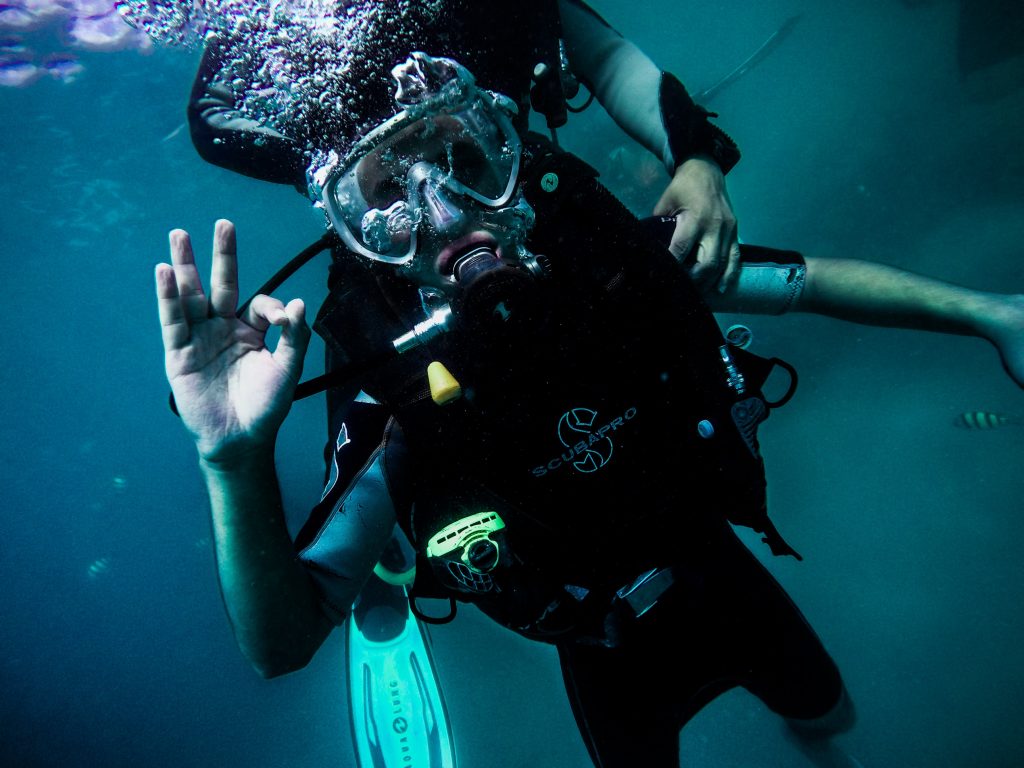
He learnt the tasks he was to perform in space, underwater, and once in that context, he was able to carry out the first “EVA”. He then inspired underwater EVA training, which could help astronauts not only develop their skills but work in one of the most life-threatening environments: space. There have been many implications of Buzz’s findings for the training of various professionals in extreme environments.
“Since I was already a scuba diver when I became an astronaut, I became the first to train underwater to simulate the weightlessness of space for my Gemini 12 mission. The astronauts who had already done spacewalks were having trouble getting overheated and trying to force things, but I knew that it would be like in the water, where it’s more like floating.”
Buzz Aldrin
Hydrothermal Vents Deep Diving: Harshest Environments on Earth Also the Richest
Hydrothermal vents are created where the earth’s tectonic plates shift forming cracks on the ocean sea beds at depths of over 7000 feet. Those geysers nestled beneath underwater mountain ranges are also home to a very rich marine life in the darkest of the darkest recesses of our earth in the most toxic environment known to us today. Likely to have formed millions of years ago we only discovered them about 35 years ago.
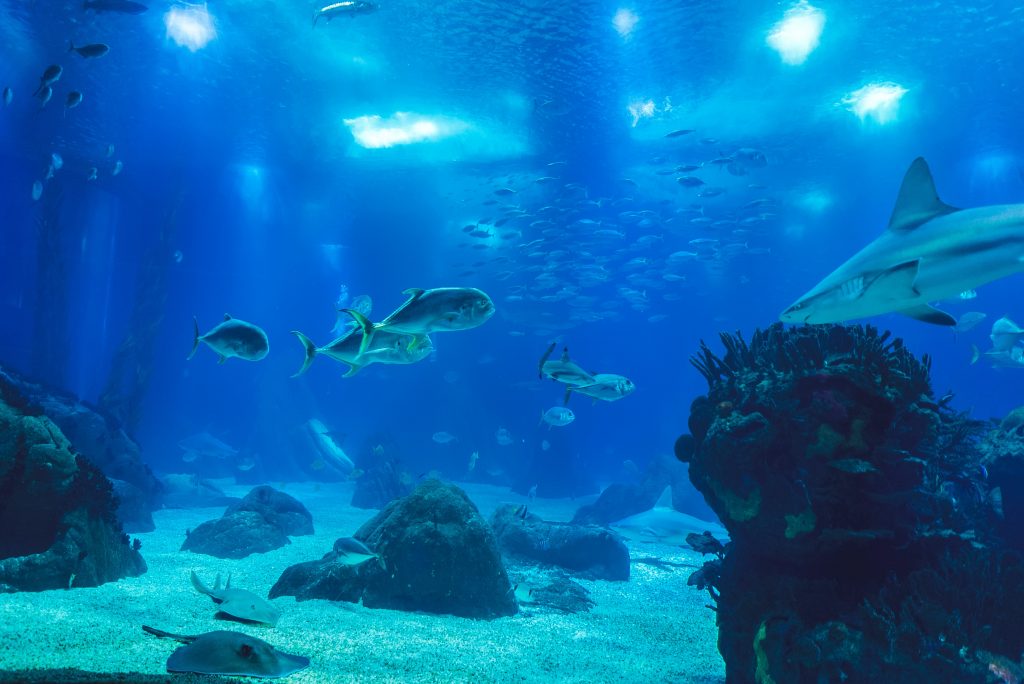
In Deep Secrets of The Sea deep divers comment:
“There’s no template for this research. Most of the work here has to be newly engineered. The abyss is no normal laboratory.
The trip to deep sea waters in many ways is more treacherous than a trip to outer space. The pressures are enormous. Each and every dive we find something and discover something that we’ve never, ever seen before.
One of the real challenges of working in the deep sea, and one of the reasons it is so exciting to us, is it probably represents the most extreme environment on the planet, particularly when we’re dealing with hydrothermal vents.”
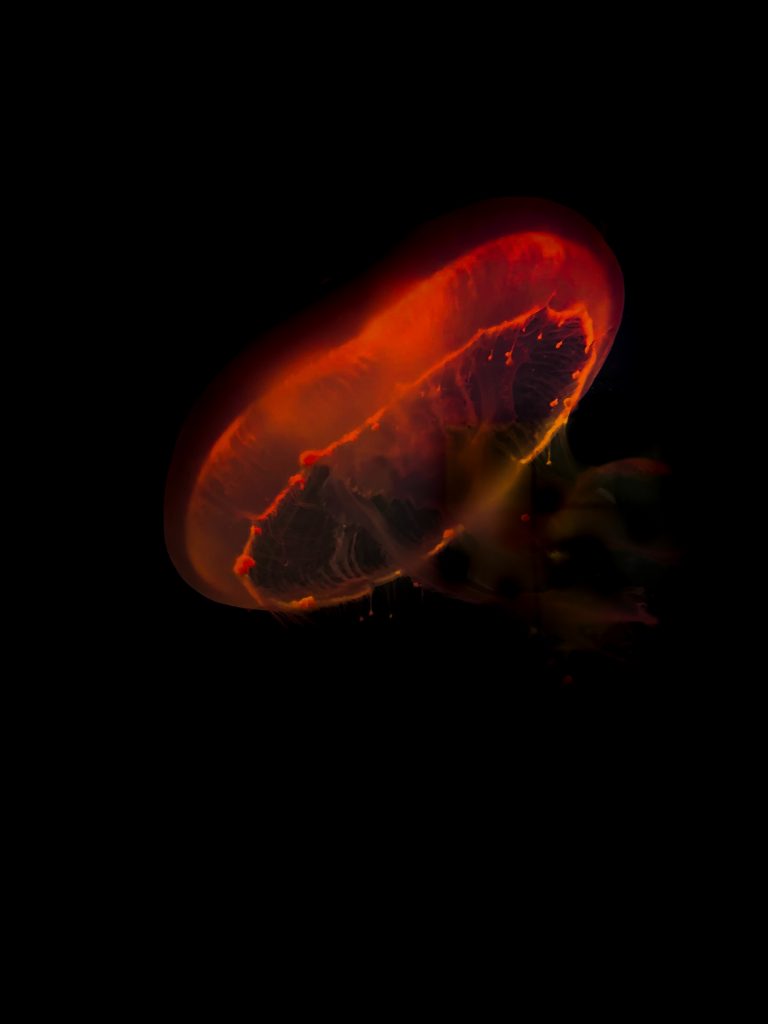
Take Aways From Explorers During Confinement
Include More of:
- Keep connected
- Have a daily routine
- Prepare an inspiring working station
- Have regular breaks, breathe and move more indoors – think of Buzz Aldrin and Divers!
- Start a new online hobby or course
- Keep having new goals and dreams
- Have nourishing meals and nutritious foods
- Focus on what you love
- What did you do well in a past challenging situation which you can use today?
- What can you be grateful for?

Do Less of:
- Reading and watching all about covid-19
- Be less available about negative information
- Be discerning
- Consume less artificial and chemical beverages, stimulants such as caffeine and alcohol
- Step away from technology
- If you co-live with others have regular “alone time”
- What can you let go of which no longer serves you, including out-dated beliefs, attitudes and behaviours?
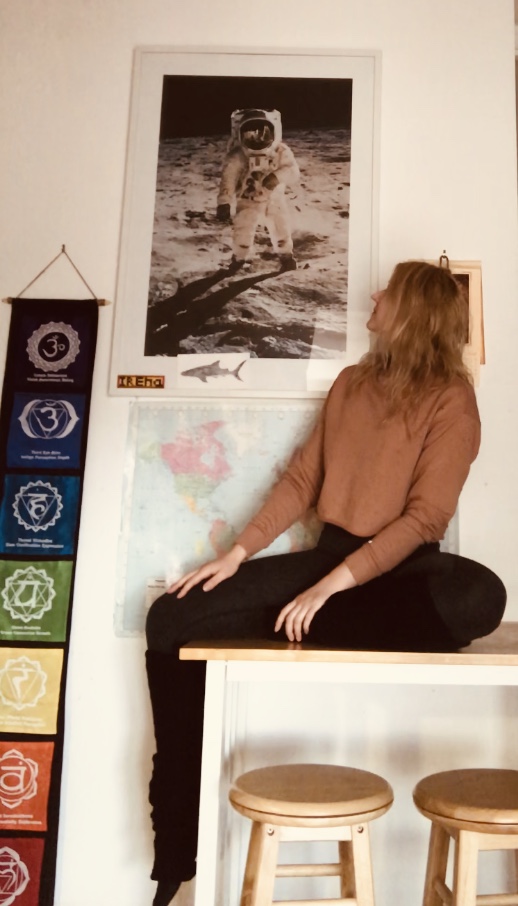
What Astronauts and deep sea divers show us is that we can adapt, learn and change even in the harshest environments, and that there is still much to learn about our faculties of adaptation and evolution on earth.
“Vents also support complex ecosystems of exotic organisms that have developed unique biochemical adaptations to high temperatures and environmental conditions we would consider toxic.”
The Woods Hole Oceanographic Institution

In Buzz Aldrin’s own words:
“We are explorers. We are destined to go beyond our normal boundaries. Why do we climb the highest mountain? Why did we learn to fly? Why did we go to the moon six times? I believe we will eventually have interstellar travel. We’ve been writing about it for centuries — it only lacks the capability and technology. We are curious creatures.”
How can you use this time to create something new and think new possibilities? Share with us in the comment field.
If you are interested in learning more, are curious about online workshops, webinars or receiving coaching, I am holding sessions at reduced fees for a limited period of time during covid-19. I also hold online virtual week end and evening workshops. Connect with us here.

References
https://www.whoi.edu/feature/history-hydrothermal-vents/index.html
Film: Visions of The Deep Sea Deep Secrets. September 1998. wwwdiscovery.com.
Deep Sea Explorers on youtube here
Proust, M. (1913). In search of Lost Time: The Way by Swann’s. Vol 1. 1ed (1913). Translated by David, L. (2002). Penguin Books Limited, London.
Shelhamer, M. et al. (2003) Context-adaptation of gravity dependent vestibular reflex responses. Journal of Vestibular Research: Equilibrium & Orientation, Vol 13 (4-6). John Hopkins University School of Medicine, NASA Johnson Space Centre, Houston TX.
